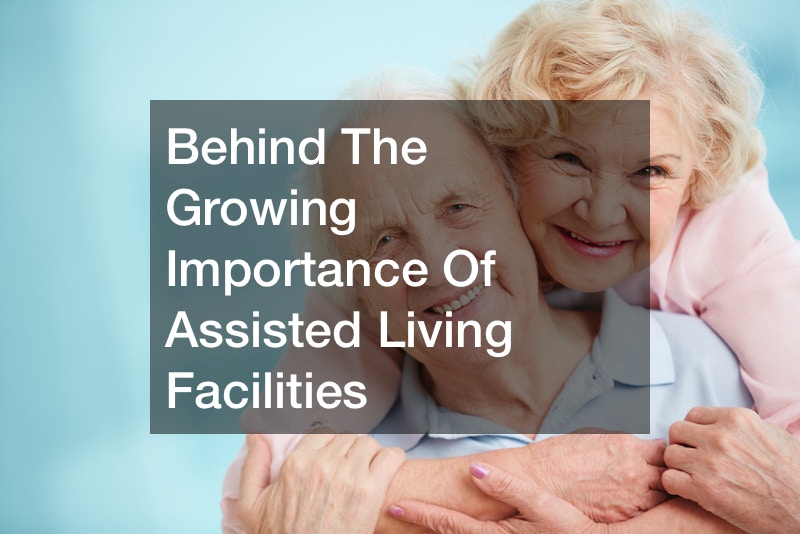Assisted living helps people who are old and unable to care properly for themselves live a more comfortable life. This is the general philosophy of assisted living, and it should be reflected in the type of care that each facility grants its population. An assisted living community should have the right residence care so that there’s immediate help in case of an issue.
If you’re looking for an assisted living facility to take your elderly loved one to, it’s a good idea to do a background check first. Read the assisted living terms to see if they reflect things that are important to you. Don’t put your loved one in the care of a facility whose assisted living philosophy doesn’t sound agreeable to you. Instead, shop around for the perfect place among all those in existence.
This way, you’ll be comfortable and secure when you leave your loved one in the facility. You can be sure that your loved one doesn’t have any issues no matter how long you go between visiting them. This is the best way to get peace of mind enough to keep up with your daily life requirements without any undue stress about what your loved one may be going through.
The elderly population is very much a growing one here in the United States, thanks to the aging Baby Boomer generation. And as this generation ages, the need for long term care facilities, such as assisted living facilities and memory care centers, will only climb. For while not everyone realizes this, very nearly three quarters of all elderly people (those who are over the age of 65) will need some level of long term care at some point during their elderly years.
A big reason that the need for elderly long term care develops can be traced back to dementia. Dementia is hugely prevalent – unfortunately so – among the elderly community, with up to 100 and more different types of dementia currently being recognized and diagnosed. Of those dementia varieties, Alzheimer’s disease is by and large the most prominent, making up as many as four fifths of all such diagnoses. And when someone develops Alzheimer’s disease or even another kind of dementia, there are many things that must be taken into consideration, as there are certain levels of care that these people will begin to need.
In many cases, the patient will move in with a family member and get their care through them. These family members are referred to as unpaid caretakers, and there are now up to 15 million of them caring for loved ones with Alzheimer’s or another type of dementia all throughout the United States alone, let alone in any other part of the world where such diseases are also quite prevalent indeed. But this is not an ideal situation for many reasons.
For one thing, unpaid caretakers are not being compensated for caring for said family members and so they must maintain other lines of work as well. That, plus the addition of still managing their own lives, can all too easily become immensely overwhelming. In addition to this, it has also been found that unpaid caretakers are often just not able to provide the standard of care that their family members should be getting. After all, they do not have the resources to provide this level of care, nor the training to do so. Ultimately, moving a family member with dementia to a memory care facility where they can obtain specialized care is an absolute must in many a case.
Specialized care will look different from resident to resident in any given nursing facility, be it a facility that is dedicating to memory care plans or not. For one thing, part of specialized care will likely include surveillance 24 hours of the day. This surveillance, fortunately, is quite commonly offered at memory care facilities and assisted living homes all throughout the country. In addition to this, specialized care will also likely entail help with basic tasks. As a matter of fact, up to 40% of all patients living in a senior memory care facility will get aid with three basic tasks or more, all falling under the heading of specialized care. Of course, the specialized care that can be obtained from a memory care facility is likely far better than the specialized care given in the typical home – where specialized care is likely not possible at all, to say the very least.
A specialized caregiver can even be hired to provide some level of specialized care within the home. This can be ideal for people who really don’t want to move out of the home but are still in need of more specialized care than what their family members are able to give them. Fortunately, specialized caregivers and even hospice workers can work to meet the need for specialized care, something that should certainly not be overlooked in its overall importance, to say the very least.
At the end of the day, it is quite hugely important indeed to remember that getting specialized care and even being in need of this specialized care in the first place is most certainly not something to be ashamed about. In fact, you should be anything but, as needing this is common among elderly people. In fact, more people than ever will be in need of specialized care in the years to come.

